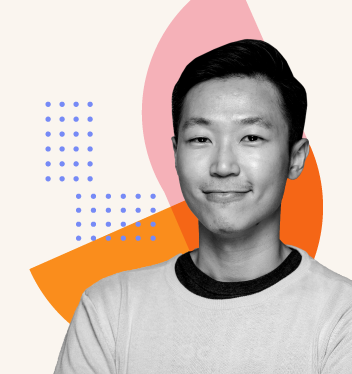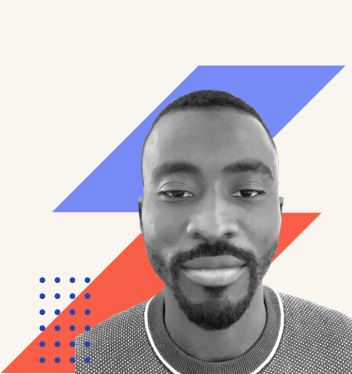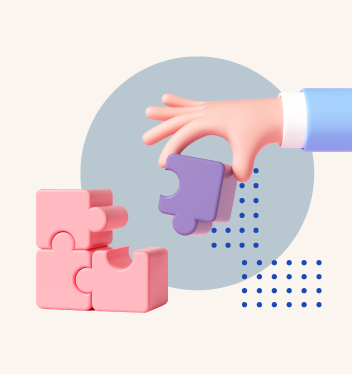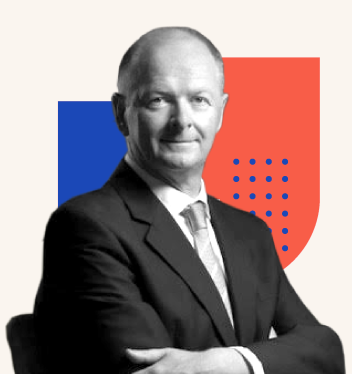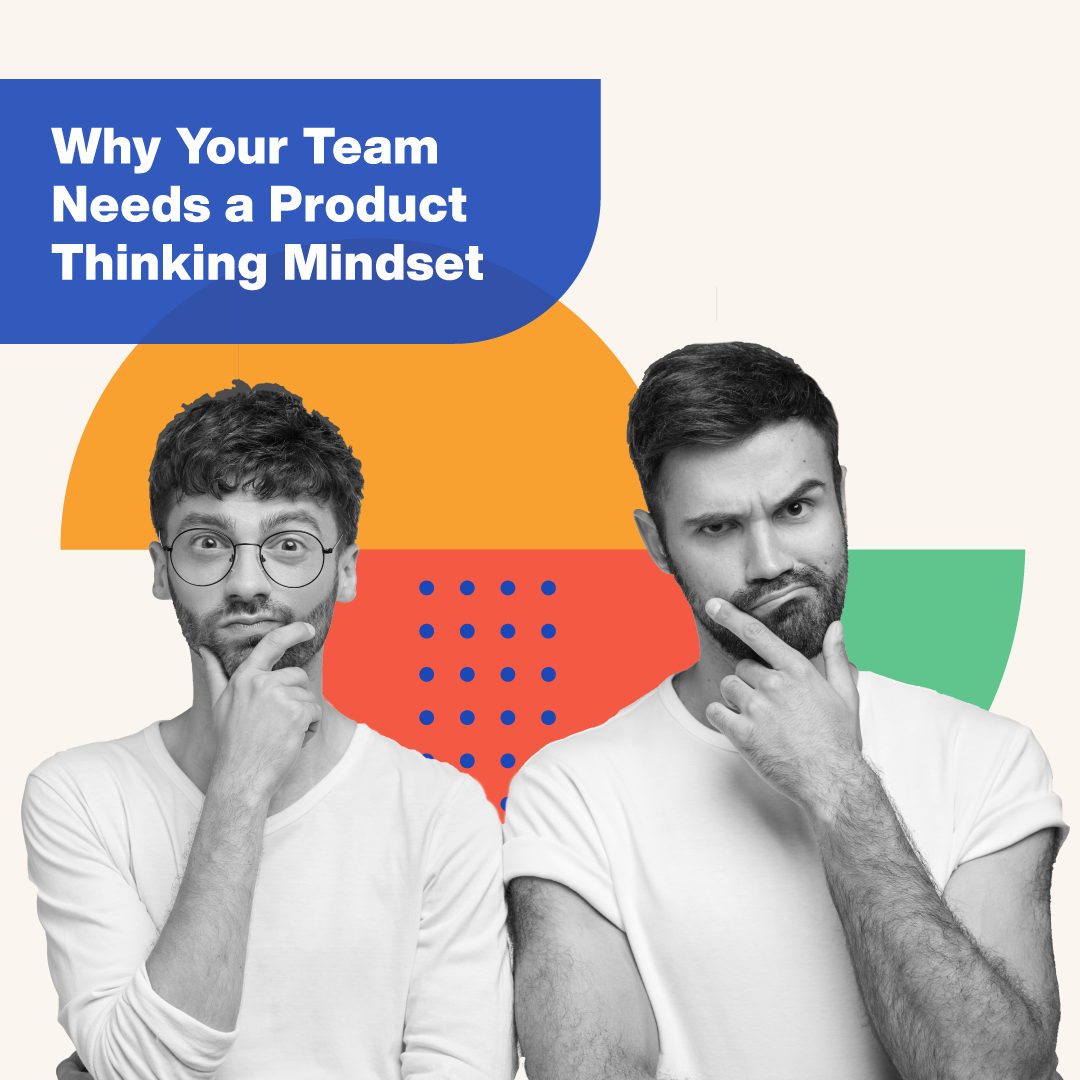KC Ho has over ten years of sales and strategy experience in the advertising technology space across Greater China and Southeast Asia. He is currently a sales manager and team lead in the Hong Kong and Taiwan Region, within Meta Inc. KC Ho also volunteers as a Skills Union coach for early/ mid-career participants in the areas of CV writing, strengths finding and soft skills development.
KC, could you share a little of your career to date?
I have over ten years of working experience in strategy and operations planning. I started my career in management consulting right after graduation, as I understood that this was an industry I could pick up critical skills, such as structured thinking, business planning, and problem-solving methodologies.
I am currently working at Facebook (Meta). For the past three years, I have been doing Strategy, Operations, and Planning for the Greater China advertising business. I will be transitioning into a sales management role to cover specific regions in APAC for the Meta ads business in the next few months. I am really excited about this opportunity! Currently, I work in the Singapore Meta office.
What work do you do with Skills Union?
I am a career advisor and coach for the students at Skills Union. I focus on helping the students in three areas – CV writing, revamping their LinkedIn profiles, and improving their interviewing skills. My mentees are mainly Skills Union students looking to become digital entrepreneurs or transition into the UX / UI industry.
Why do you volunteer your time with students?
Coaching is something that I would like to do as a long-term interest – I’ve always been interested in it. By volunteering with Skills Union, I get to put a lot of my knowledge and the skills that I have acquired into coaching others. I think that Skills Union has a great mission, training job seekers in Singapore who have lost their jobs due to COVID – or who want to transition to a new industry – and helping them find their way back into the labour market. I want to be part of this movement. This is also a way for me to give back to society.
What are some common issues you see in student resumes and job-seeking habits?
Some tend to be very generic, with people writing about their job descriptions rather than their impact. Recruiters want to understand how you made a positive difference in your previous jobs, not just what you did day-to-day.
For job seekers who are going for interviews, it is about understanding themselves on a deeper level, and being introspective, so that they know what skills they are good at, and can craft a personal story or introduction based on these.
While it is common to ‘spam’ hiring companies with job applications, I recommend that candidates understand their products and mission before applying. Most importantly, they need to know how their skillsets can add value to the roles they are applying for.
What are some of your top tips for people doing their resumes and looking for work?
The first is to take some time and reflect on your life, goals, and skills. Almost all of us have different career narratives, and one cannot use someone else’s narrative for their own. Each person’s path is influenced by career history, personality, and work. What industry do you want to apply to, what type of company culture do you prefer, and what seniority of role would suit you? Going through these questions gives people greater clarity about their goals. It can make them more confident and clear when talking with a hiring manager.
What are the technical and soft skills people need to succeed in their careers in the future?
There are very diverse technical and hard skills required for various industries, so I can’t answer that. However, I have always been a strong advocate for improving the soft skills in career candidates because I believe that these skills are transferable across jobs and help regardless of career choice. Some examples of the soft skills I feel are essential include the art of narration / story-telling, stakeholder management, negotiation, and structured problem-solving.
How do you think they can build these or get these?
I provide individual counselling for people looking to improve their strengths in soft skills! And other people do too. It helps to have a coach with you along the way to help you understand where the areas of improvement you need to work on. Another idea is self-help books to build your knowledge. However, sometimes they can be too generic and aren’t tailored to individual circumstances and personal goals.
Is there any career advice you have learned so far that you would like to pass on to others?
I tell career starters, or those early in their careers, that it is perfectly fine to explore different jobs after graduation because that is where you will learn where your interests truly lie. Start in a job that will allow you to learn as many skillsets as possible in the shortest period and decide from there. It’s much harder, if not impossible, to try and move to other sectors once you get siloed for a long time in a particular industry. I started my career in consulting but soon moved to the tech industry.
Culture in a team and company is as important as the job itself. I recommend students try and understand the whole company and team culture thoroughly by speaking to people in the organisation and ex-employees. These conversations are usually insightful and help people decide whether a place of work is going to be a good fit.
For those in their mid-careers, I recommend that they look for jobs that will allow them to develop the right skill sets to reach their eventual career goal (in the next 5-10 years). Don’t apply for a job just because of the role specification or compensation.
How do you think the pandemic has changed us?
There’s no doubt that the pandemic has brought many changes to the way people work. In particular, there has been a lot of talk about mental health and resilience over the past two years, and I think that mental health is still a real issue.
There has been a lot of talk about being resilient and adaptable, and this is even more critical for people who are laid off by COVID. These people have to be even more flexible in finding new roles. I see that many of these new roles offer another kind of work experience that could be interesting or useful in the long run.
Many of us are still working from home (on a full-time or hybrid basis), and we have to juggle a lot of concurrent responsibilities. COVID has reset many of our minds and pushed us to think hard and prioritize what truly matters to us in the long run.
What are your hopes for the future of work?
I hope that the future of work will be a hybrid one, even as the pandemic goes into an endemic state and we are allowed to go back to the offices full time. I hope to go back to the office because of the better collaboration and relationship-building in person, even though I can be more productive working from home.
I am sure there will be more flexibility in how we work (from home, hybrid, or remote). However, regardless, collaboration with colleagues still needs to happen. Because of this, there is such a need for us to work on our soft skills, such as cross-function collaboration and even remote stakeholder management.
What are your personal hopes/goals in 2022?
I’ve planned out my 2022 goals in a structured way – the job hazard of an ex-consultant! I tend not to set goals that are too stretched (and I’m therefore unlikely to achieve) or those I don’t have an action plan for.
I have half-yearly goals and like to see them as achievable north-stars. One of the important ones I have set for myself for 2022 is to learn with an open mind in the new role I am transitioning to in April. It is a sales manager role, and I will learn new skills, such as client management, product knowledge, and more people management skills.
On the personal front, I’m focused on prioritizing time for my family and friends, something I started doing in 2021 as part of my goals last year!



